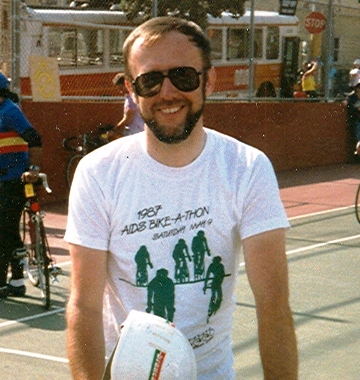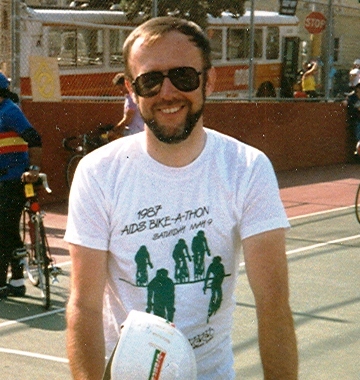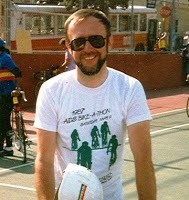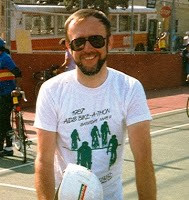This topic seems naturally to lead into intimate areas of body contact which I do like, just in general. I do like being touched. Not only for the human warmth of touch but also because I agree with the sentiment that our skin is really our largest sense—or sex—organ capable of innumerable delights. So, it isn’t so much a matter of don’t touch me here, there or anywhere but who’s doing the touching. With some people, please, don’t touch me anywhere. With others, I have no idea where the boundaries are (assuming we’re not frightening any unintended neighbors).
But if I can broaden the meaning of ‘don’t touch me there’ to include subjects not wanting pursuit or questioning, I do have those. Call them preferences or phobias or private areas, don’t go there. This is where the psychological sun don’t shine. Now we’re into intimate areas of the heart and mind, hopes and fears. And that’s a way bigger deal than body parts.
One is writing. I have long seen myself as a writer and even once made my living by writing. Problem is, I hardly write. I wish I could write. I wish that I could just sit down and write something beyond what someone once dismissed as disposable writing—meaning journalism or journaling. But I don’t want to go into it. PLEASE, don’t touch me there.
The future is another one. I’ve never had any great confidence in the future. If I have one, I have no idea what it is or how to make it happen. The future will sort of unravel on its own, as I see it. I much prefer the past which was loads of fun or the present where I can at least run away. So, please don’t touch me THERE.
A related taboo area is health. I’m in good health as far as I know. But what do I know? Every ache, I’m convinced, may signal that my last breath is near, the start of that downhill slide. And as for hospitals, please, don’t TOUCH me there.
And of course there’s politics. I’m pretty moderate in my politics and believe that political opponents should be tortured and annihilated only in rare circumstances. But those circumstances seem to be getting less rare. So, you better NOT touch me there.
As you can tell I am far touchier about non-physical touch than about physical touch. Physical touch usually stays on the surface and is, when not an assault, a pleasure. But verbal, psychological touch almost always aims deep. When someone says, “I just wanted to touch on that,” you know something’s up and you better pay attention. In general, just don’t touch me there.
April, 2013
About the Author
Nicholas grew up in Cleveland, then grew up in San Francisco, and is now growing up in Denver. He retired from work with non-profits in 2009 and now bicycles, gardens, cooks, does yoga, writes stories, and loves to go out for coffee.









